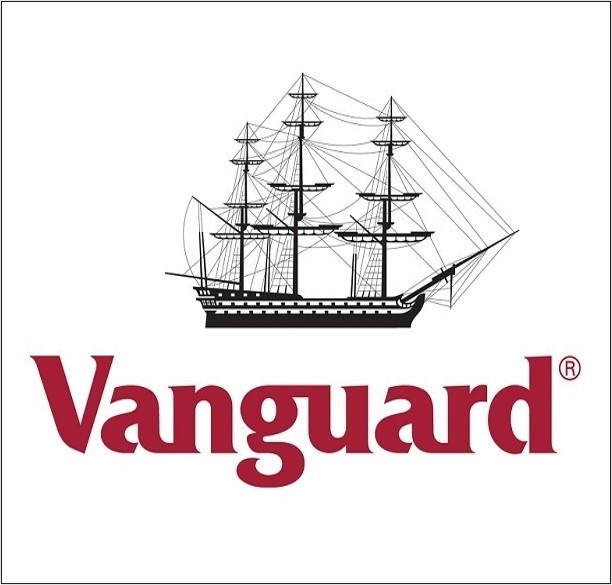
Vanguard Asset Management
Keeping costs low.
When Jack Bogle left Wellington Management Company back in 1975 to form Vanguard, he established his new firm on the core principle that instead of paying dividends to external shareholders, he would direct the new business’s surplus profits back to investors in the form of lower fees. To this day, Vanguard has not listed. It is a mutual.
Vanguard is owned by its funds, in other words, by its investors. This allows it to avoid the conflicts of interest that can be a feature of listed investment management firms who must accommodate the sometimes-conflicting needs of their shareholders and the investors in their funds.
Jack Bogle invented the index fund. He is quite literally the father of passive investing. “Why search for the needle, when you can buy the whole haystack?” he famously declared.
Vanguard promotes four simple and sensible principles when it comes to investment:
- Think about goals. There needs to be a purpose to your investing if you are going to stay the course.
- Stay balanced. Equities and bonds globally diversified across a range of asset classes.
- Keep costs low. Costs are one of the few things that investors can control.
- Be disciplined. Stay true to your goals, stick to your plan and don’t panic. And re-balance your portfolio whenever it drifts away from the balance you desire.
It is the third principle for which they are famous. Their philosophy is simple – if they keep their costs low, their customers will keep more of their money. And the fact they are a mutual plus the economies of scale they enjoy due to their size makes this possible. Back in 1975, their average annual fund charge 0.89%. Today, it is around 0.10%. The lower the fees, the more money that remains in the investor’s account – and we have already seen the incredible power of compound interest in the book.
When I was part of the team designing Virgin Money’s initial fund range back in 1999, I was stunned to discover that several fund managers still charged up to 5% in upfront fees. We avoided them. Vanguard was one of the firms that led the global drive to 0% initial fees.
Vanguard has c$7 Trillion of clients’ funds under management. It is the largest issuer of mutual funds and the second largest issuer of exchange-traded funds in the world. Only BlackRock has higher AUM.
What I hadn’t appreciated is that Vanguard is not solely a passive fund manager. In fact, a quarter of their AUM is in active funds! They partner with a few select active managers whom they trust. I was not surprised to discover that Wellington is one of them. They also use their enormous economies of scale to benefit their customers. With c$1.5 Tr+ of active funds under management, they are able to drive extremely good deals with their chosen active managers and, unlike listed wealth managers and aggregators, they do not need to inflate these savings with exorbitant mark-ups to satisfy shareholders.
Another thing I like about Vanguard is their LifeStrategy portfolio range. Each of their five portfolios are a blend of equities and bonds – 20% equity, 40%, 60%, 80% and 100%. The portfolios are ‘actively managed’ in that the portfolio manager chooses what to invest in, with 90% invested in Vanguard passive equity and bond funds. Almost every wealth manager and fund manager in the industry has its own set of ‘managed portfolios’ but with ongoing costs that can be as high as 1.5% pa, or even higher. At an ongoing cost of just 0.22%, the Vanguard LifeStrategy range is an easy and inexpensive way to invest and diversify at the same time.
Talk to your IFA about them or look for their funds on your favourite investment platform. You can even invest in some of their funds directly. Check out their website.